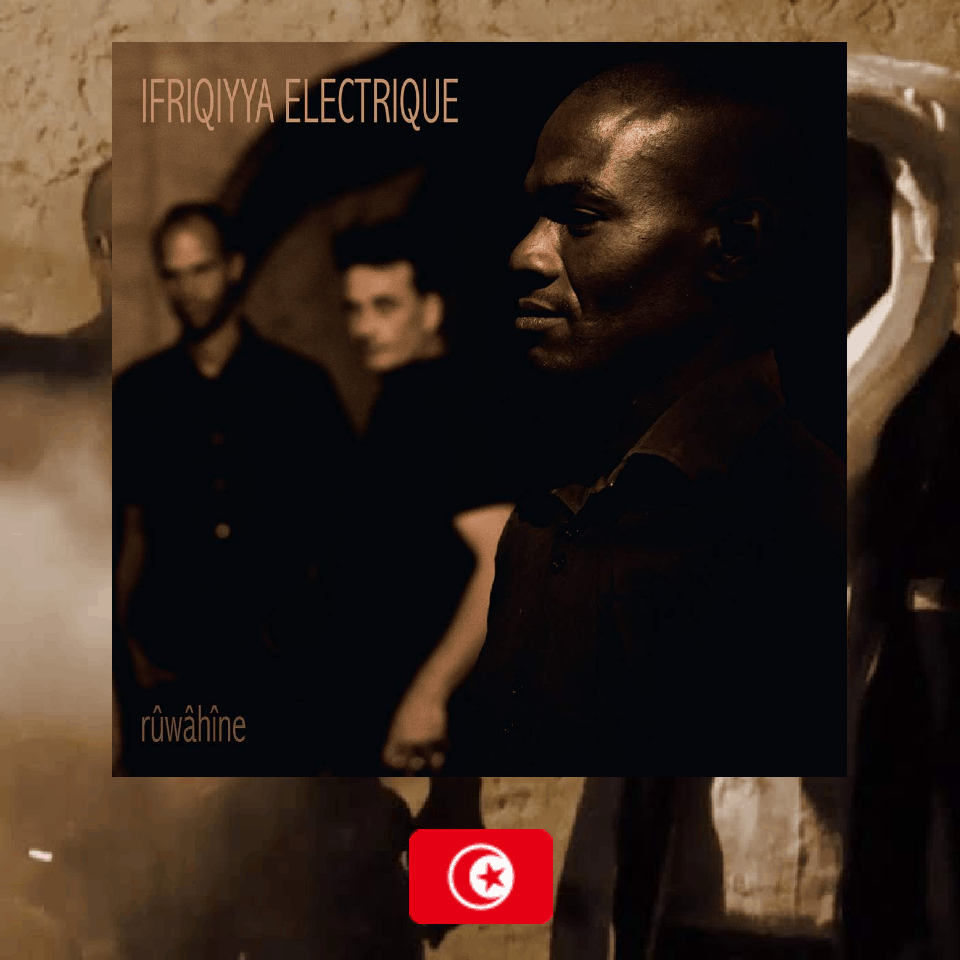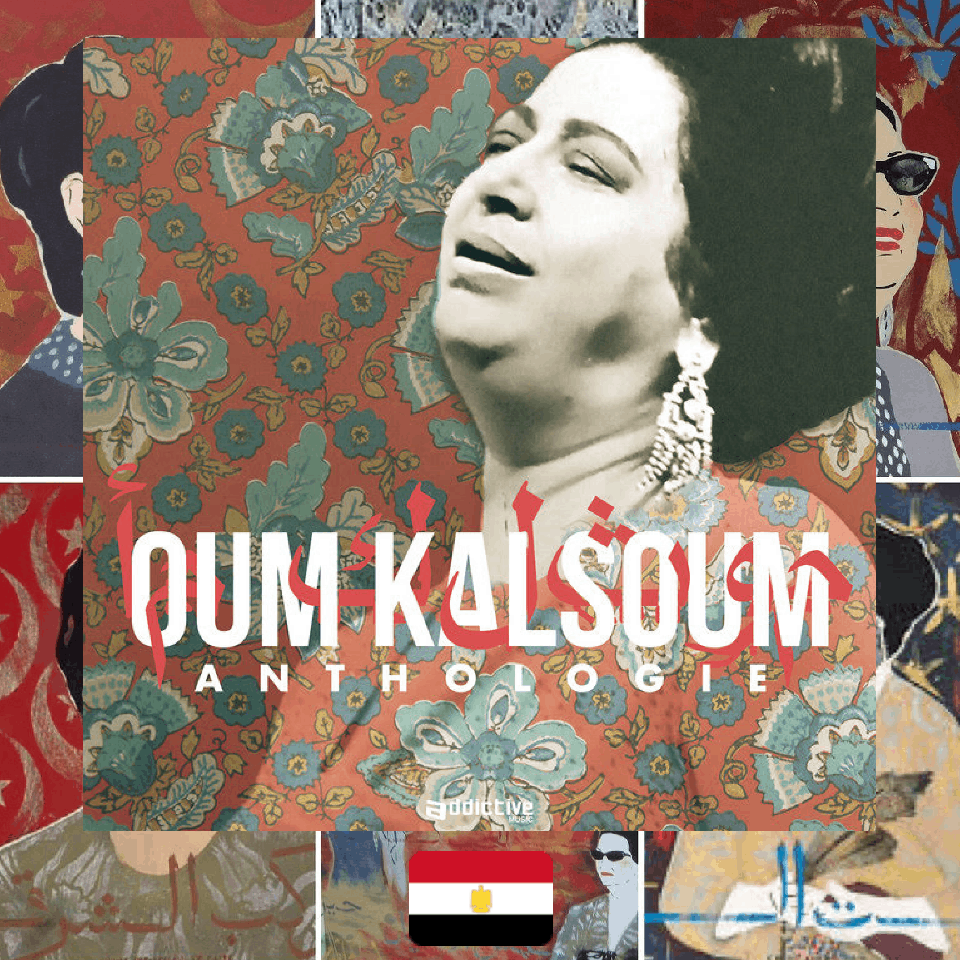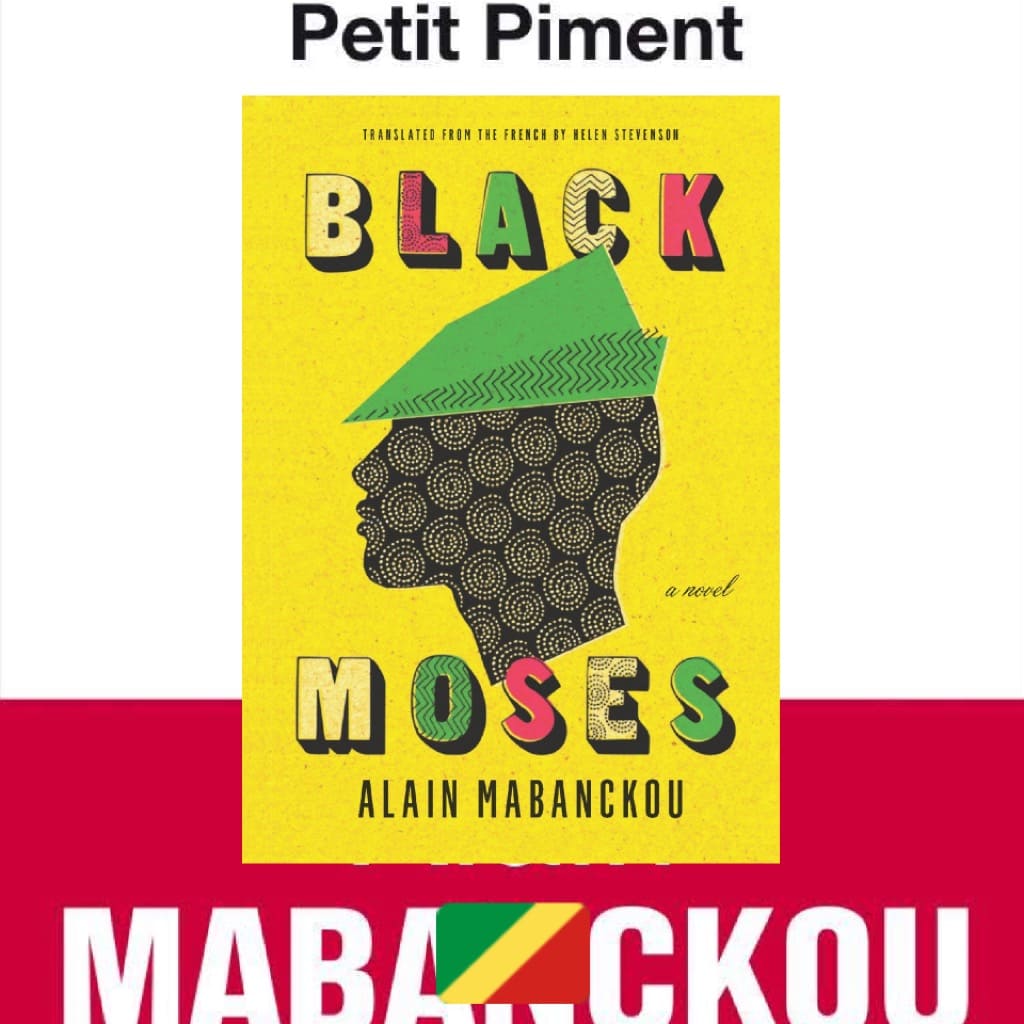The story of Mozambican independence and the country’s postcolonial identity as reflected through the performances of Atanásio Nyusi, a traditional Mapiko dancer
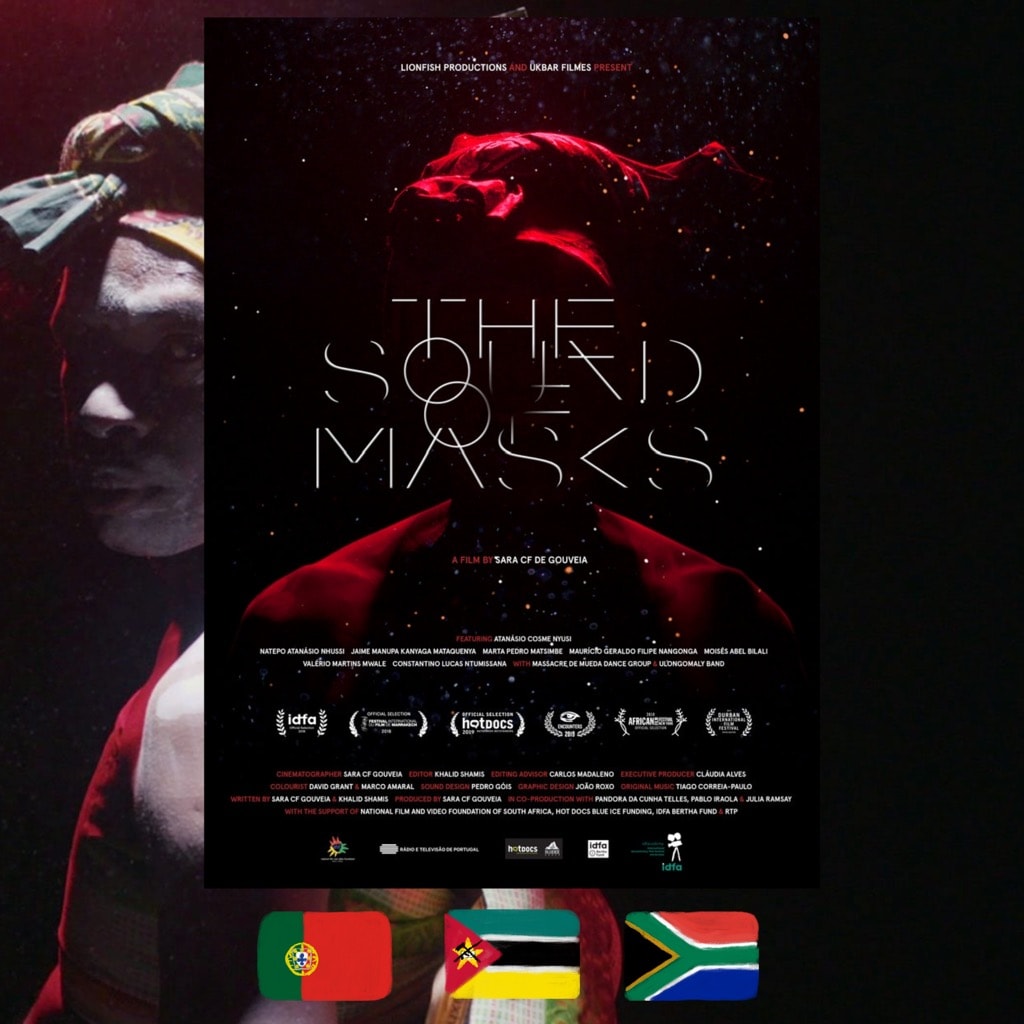

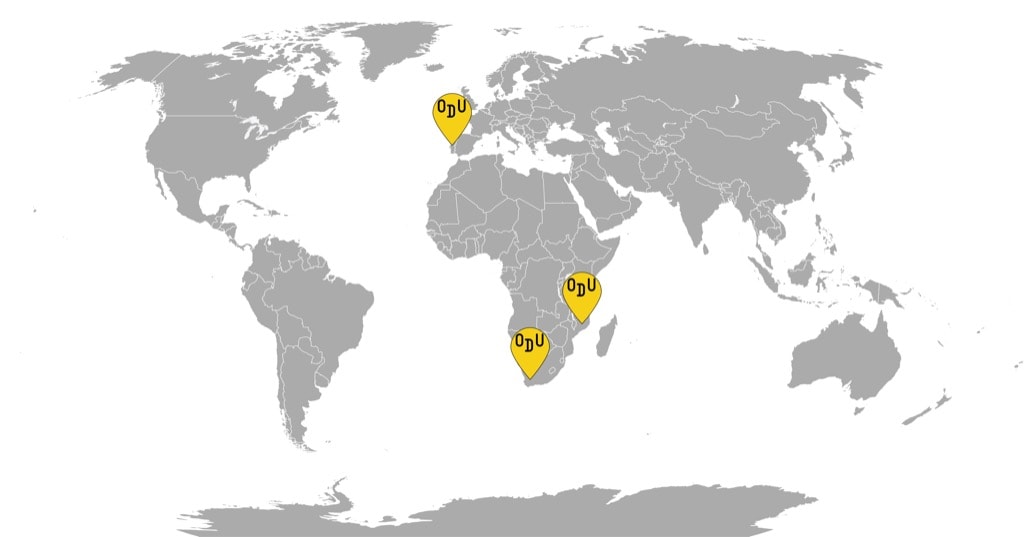
FROM MOZAMBIQUE, PORTUGAL and SOUTH AFRICA
Telling the history of a country through dance might seem like a lofty idea, but this feat is accomplished marvelously in Sara CF de Gouveia’s “Sound of Masks,” where the post-colonial malaise of Mozambique is narrated and enacted by visionary dancer Atanásio Nyusi. A performer of Mapiko, the traditional art form of the indigenous Makonde people, Atanásio Nyusi, makes his country’s colonial past the center of his dance pieces. However, he also has a lot to say on the subject off-stage, as his life more or less coincided with all the prominent events of Mozambican 20th century history. Beautifully shot, culturally specific, yet devastatingly universal, “Sound of Masks” is a remarkable portrait of a man and a country forever disrupted by their split identities.
Off-stage Nyusi works as a researcher and archivist, so it’s no wonder that his aptitude for preservation coupled with his eloquence makes the man a perfect narrator of history. This also explains why Sara CF de Gouveia, a Portuguese filmmaker from Cape Town in the process of making a film exploring Mozambique’s colonial past, chose Nyusi as the mouthpiece for her narrative after seeing him on stage. Nyusi commands attention, and you can’t turn away from him, whether he pirouettes gracefully with his face covered by white paint, stomps the dust in a carved wooden mask and traditional garb, or just reclines pensively on the steps of a building.
Born in Tanzania as a refugee, Nyusi was only able to come back to his country after its liberation from the Portuguese rule. His father, whom Nyusi did not know until later in life, was a guerilla fighter in the strife for Mozambique’s indepdence. This fractured identity, which would be a source of many traumas in any other case, moved the resilient Nyusi to begin work in the field, merging his Makonde heritage and political circumstances. He is still at it. However, the many endeavors that Nyusi embarks on to protect the tradition of Mapiko are grounded by the lack of resources and interest from above.
When Nyusi dances in the film, both in the archival footage, while filmed in the street, and in the stunning staged shots, he remains plugged into the issues that he narrates while still. The mythology of the Makonde people blends with the way the Mozambican self is shaped, and sometimes erased by the invasive colonizing culture. Meanwhile, we also look at the footage of the last Portuguese prime minister of Mozambique, Marcelo Caetano, and hear from the Mozambican citizens, who, just like Nyusi, found themselves on the precipice of history. A bittersweet reflection in reality of the dreamscapes offered by Nyasi’s tales of tricksters voyaging the war-ravished lands.
However, the most unexpectedly grappling part of the documentary is the relationship between Nyusi and his son Natepo, a young man who couldn’t be further away from the questions of Makonde heritage and masked dancing, as he doesn’t even speak the indigenous language. As his father instructs him on the identities of his forebears, Natepo wonders if perhaps he needs to lean into dancing more. “One day you’re going to find out what you want to do,” Nyusi tells him, reassuringly. And it’s hard to think of a better conclusion to the story.
After the post-colonial comes the reinvented, after the melancholy comes comfort, after the dance comes silence, which the new generation of Mozambicans, including Nyusi’s heir, will be able to fill to their hearts’ content, standing on solid ground and resilient shoulders.
Sound of Masks, 2018
Director: Sara CF de Gouveia
For more content like this sign up for our weekly newsletter


